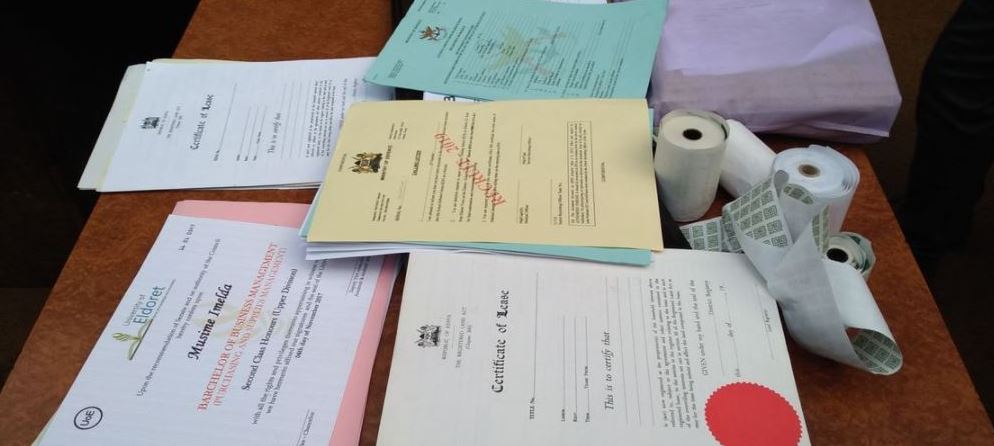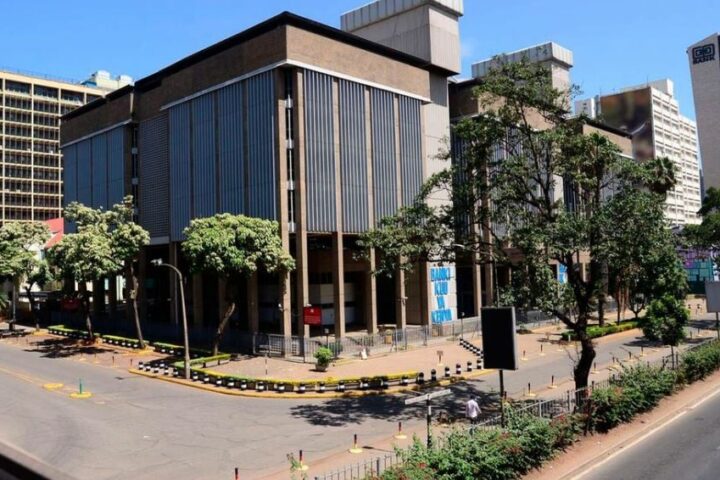 The Cabinet has on Wednesday given the green light for further digitization of the education sector, through school fee collection on the eCitizen platform.
The Cabinet has on Wednesday given the green light for further digitization of the education sector, through school fee collection on the eCitizen platform.
The controversial move, which now extends from primary to tertiary education, is set to resolve longstanding issues such as the operation of unauthorized school accounts and the levying of extra fees.
The decision was communicated through a Cabinet notice on Wednesday, highlighting the government’s commitment to its digital transformation agenda, despite opposition from different sectors, including a court order halting the process.
Under the new directive, the digitization effort is poised to address significant governance challenges, including the mishandling of government capitation funds and the existence of ghost students, which have plagued the education system.
“This intervention aims to address the governance challenges within our education system that has led to parallel accounts, charging of unauthorized school fees, diversion of the exchequer releases on capitation and other fraudulent activities that undermine the integrity of the education system, leading to the enrollment of ghost students,” the Cabinet statement detailed.
The Cabinet’s directive mandates Education Cabinet Secretary Ezekiel Machogu to formulate and issue comprehensive guidelines for the implementation of the digitization strategy.
Initially, the plan was to be rolled out exclusively in national schools as part of the eCitizen initiative. Education Principal Secretary Belio Kipsang had earlier indicated that parents would start making school payments through the eCitizen platform, a shift from the traditional payment methods.
Yet, this move encountered legal hurdles when it was temporarily suspended by a High Court ruling in Nairobi, following a legal challenge. Justice Chacha Mwita has postponed the matter until April 17, allowing for further deliberation and a final decision on the initiative’s future.
The transition to digital payments has been met with resistance from various stakeholders, including parents and teachers.
Concerns have been raised about the practicality of the system for parents who contribute to school fees through in-kind payments, such as maize or firewood, or those who perform casual work at schools in lieu of fee payment.
The Kenya Union of Post Primary Education Teachers (KUPPET) Secretary General, Akelo Misori, voiced apprehensions regarding the accessibility of funds for schools and the feasibility of the proposed system for all parents.
“There are also parents who do casual jobs in schools to pay fees for their children. How will they be able to do so on the e-Citizen platform?” Misori questioned, highlighting the broader implications of the digitisation plan on the education community.








